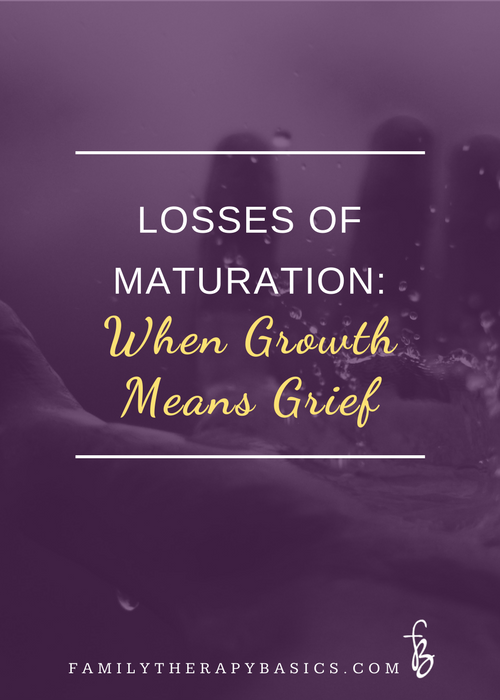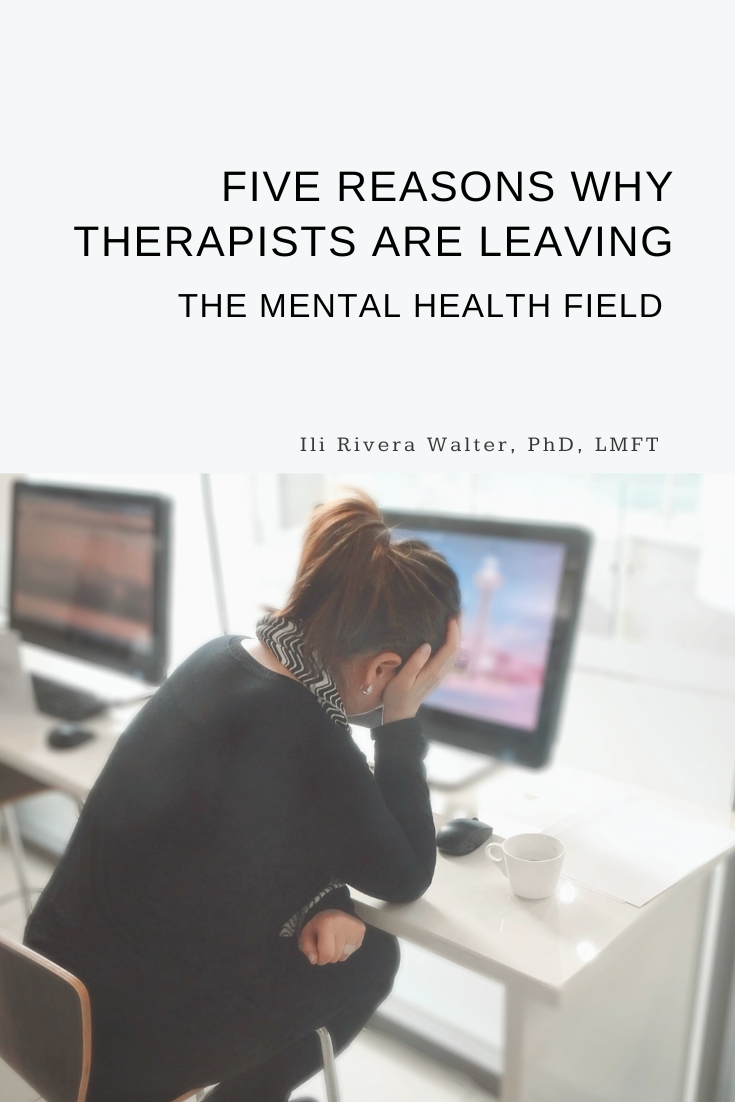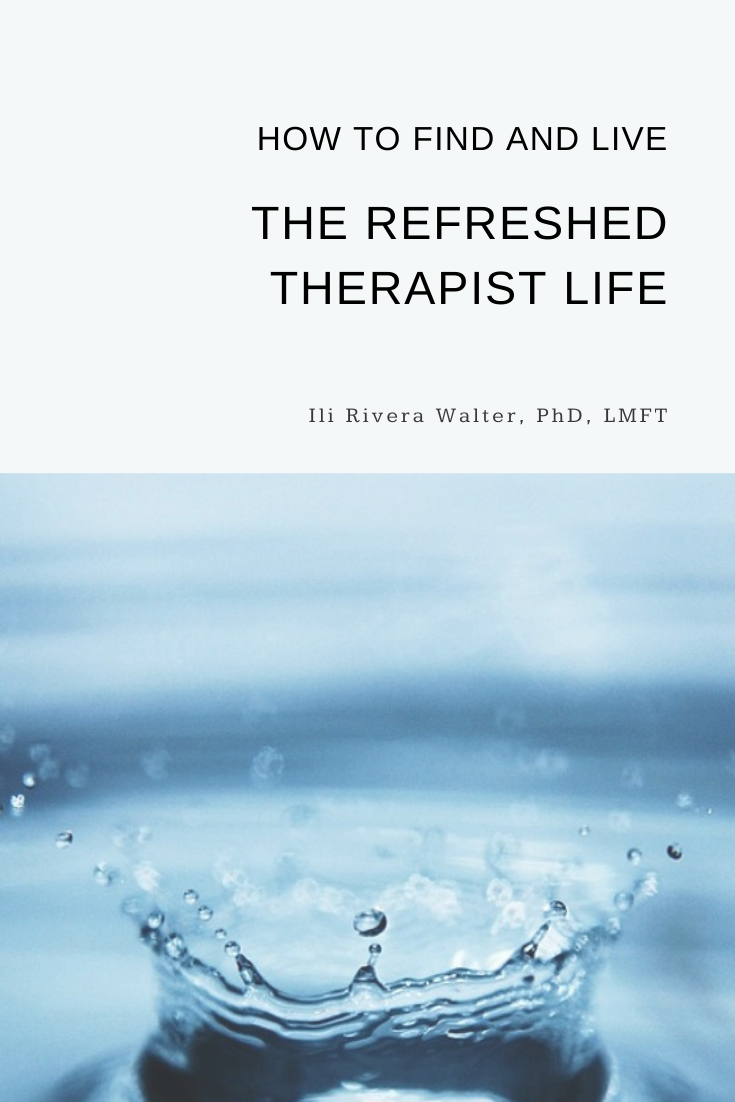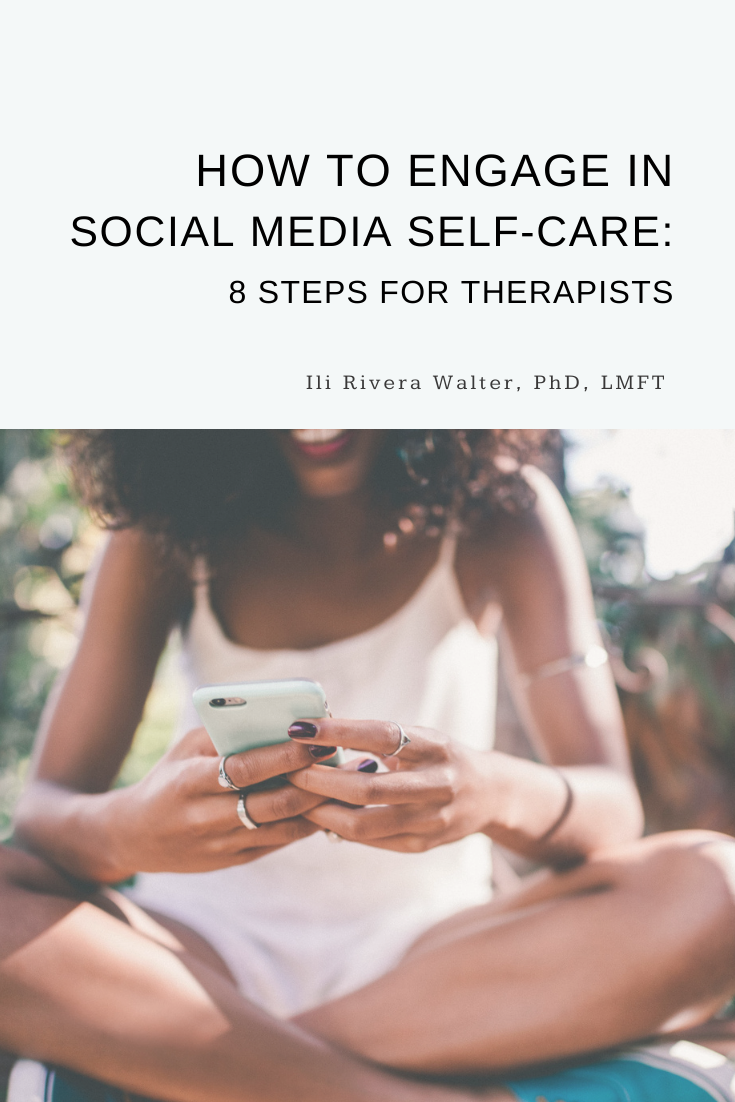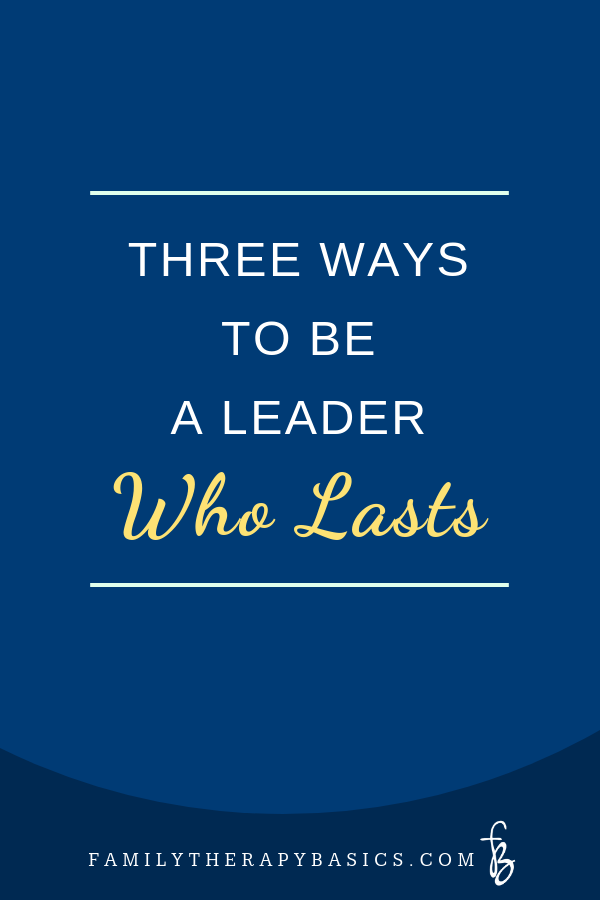During my time as a post-graduate intern therapist, I held a leadership position in my church. I was the director of the church's counseling center. The position opened my eyes to a variety of organizational dynamics, and it also revealed, over time, what I saw as inconsistencies between the professed personal values and interpersonal habits of some of my leaders.
I brought my feelings about these discrepancies to my clinical supervisor, and she referred to what I was going through as “losses of maturation.” This term has stuck with me.
I’m not sure if she coined the term, or if it comes from her chosen theory, Contextual Therapy. Nevertheless, it offered me words and context for my frustration.
I’ve come to understand losses of maturation as the loss of “heroes” that we have created "in our image;" that is, with our projection. It’s not typically the hero who has changed, it is us; we have a new, expanded understanding of our hero’s humanity.
Brené Brown says, "People are wonderful, and they can be hard" (p. 118). She explains in her book, Braving the Wilderness, that the answer to loneliness is connection with ourselves and others--to follow our anger and confusion into vulnerability and conversation (where appropriate). Losses of maturation, ultimately, point to our individual beliefs, how we hold them, why we need them, as well as the opportunity for them to be evaluated.
These losses are relevant to more than the loss of heroes, including the loss of idealism, love, simplicity, as well as purpose.
Loss of Idealism
Idealism gives us the option of seeing circumstances through rose-colored glasses. Within it, we often choose to see only the best--to see hope and potential--, and ignore the reality of what exists right now.
As we grow personally, our awareness develops, and we are left with less idealism--an ability to see the truth more clearly. Sometimes, this alone leaves us dazed. However, we also are able to pinpoint when we are being idealistic, which presents to us a choice we may not have had previously: We now have the option to remain in our idealism or explore it with this new sense of awareness.
Loss of Love
The loss of love is a type of loss of idealism. When we’ve carried particular beliefs about love, and our experience contradicts them, it can be disorienting. Like all losses, it challenges us to create new definitions that incorporate recently acquired wisdom. In the best case scenario, we’ll define love in a way that moves us through the loss and keeps us engaged in the idea of love, as well as with our loved one(s).
Loss of Heroes
For many of us, our first significant loss of maturation is the loss of our parents as always safe, loving, and available. Facing our parents’ humanity is no easy task, and it is one that continues as we, and they, age.
Our parents, like us, are in process--they are changing every day, and therefore, most likely, capable of increased consistency and connection daily. Remembering this helps us offer compassion and understanding to them and ourselves, as we encounter our loss of them and its inevitable grief.
Loss of Simplicity
According to Piaget, abstract reasoning is a developmental skill, typically developed in late childhood/early adolescence. Facing complexity where we held simplicity comes unexpectedly and persistently throughout life. As a therapist, I’ve encountered this experience more than once in the therapy room, when a client’s ideas or lifestyle confront me and reveal my safe "bubble."
Before I began my therapist training, I had certain rules I held as true. These rules, mercifully, categorized concepts as "black or white." For example, I completed a semester in a secondary education graduate program, and I learned that I had very strict ideas about education. Today, what I believe about educating children is colorful and creative compared to what it was. This is likely due to my continued learning, as well as the fact that I am now a parent.
Losing our safe places--our judgments, containers, rules--is a frightening process, because, over time, it becomes clear that once they are gone, they do not return. We then live in a world of ambiguity and case-by-case decisions. It’s a lovely world full of color and possibility; it is also confusing and, at times, lonely.
Loss, Revisited
In her book, Lovelands, Dr. Debra Campbell interweaves the story of her traumatic childhood with stories of therapy clients, using metaphors of love, loss, and living. About being abandoned by her father, she says:
One of the most challenging things about the journey of healing from childhood losses is that our growth and development, even after achieving insights into what happened, are not linear. . . . I felt the loss of my father at every stage, at every special occasion he didn't mark, on every day he didn't turn up for the rest of my childhood and adolescence. However, the greatest losses went far deeper than the loss of the man. (p. 17)
Childhood losses and trauma stay with us. We must integrate them into who we are at every stage throughout life; however, we also have the opportunity at every stage to infuse the story with our healing and our lived realities.
Loss of Purpose
As I was finalizing this article, I received a message from an email subscriber. He was curious if I offered resources for retired therapists on Family Therapy Basics, or in The Refreshed Therapist Network. He told me about his specific situation, as well as some of the feelings he is experiencing as a retired therapist who was in a leadership position for many years.
Our chat got me thinking about retirement, or the loss of work, and a sense of usefulness and purpose, as it relates to maturation.
Of course, everyone’s path is different, but it’s likely we all experience some degree of grief when we move from one stage of life to another, for inherent in the transition is the ongoing "goodbye" of acknowledging a previous existence, while stepping into the unknown.
Reflection
I wrote this post today, because lately, my personal reading has reminded me of losses of maturation--a concept given to me when I was a different me, and one that continues to offer me consolation in my transitions. I wanted to write out my thoughts on the topic, and I hope they've come together in a way that is meaningful for you, as well as for your clients.
Lovelands, by Debra Campbell, was a recent selection for The Refreshed Therapist Book Club.
Let's Chat
What is your main takeaway from this post?

